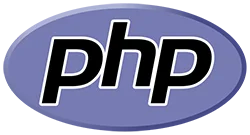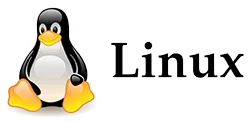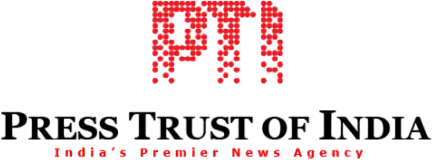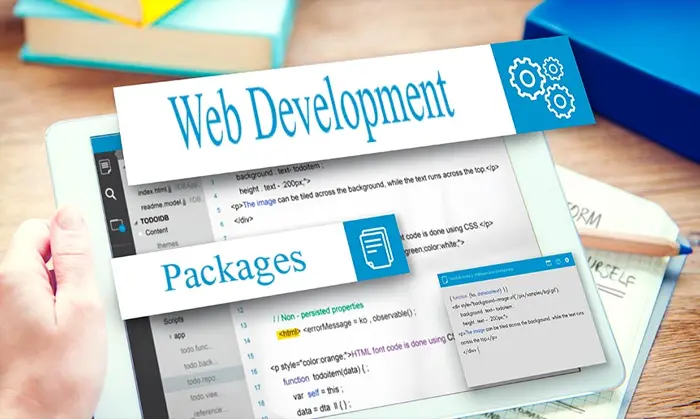URL Canonicalization: What is It and How to Use It?
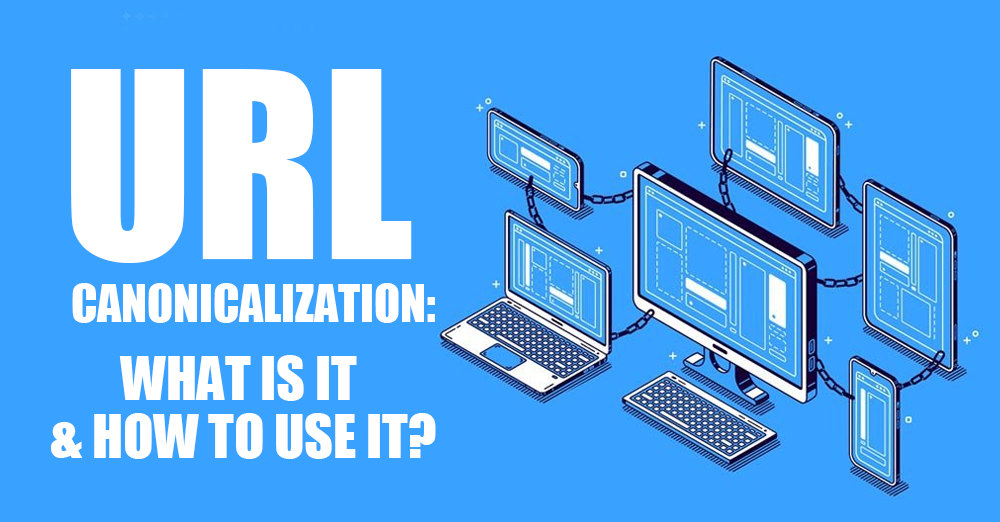
A canonical link element or a canonical tag is an HTML element which helps webmasters prevent duplicate content issues in SEO (search engine optimization). This is done by specifying the preferred or canonical version of the web page.
A canonical link element or a canonical tag is an HTML element which helps webmasters prevent duplicate content issues in SEO (search engine optimization). This is done by specifying the preferred or canonical version of the web page. The structure of a canonical tag is rel=”canonical”. The canonical tag syntax which is placed within the
of a web page. The canonical tag looks like:
Let’s understand the meaning of each part of this canonical tag.
- href=“https://example.com/sample-page/”: The canonical version of a web page is found in this URL.
What is a Canonicalised URL?
A canonicalized URL is a page which contains a canonical tag and a canonical URL is a different URL in a canonical tag. By including a different URL (canonical URL), you are indicating to Google that canonical URL is to be indexed rather than a page’s URL.
Importance of Canonical Tags for SEO
We have understood what is canonical URL and what is a canonicalised URL? Now, let’s see what is the importance of canonical tags in SEO?
As mentioned previously in this blog, canonical tags are used to remove the duplicate content. And as we all know that Google does not like duplicate content. Because the duplicate content makes it harder for search engines to choose:
- Which version of a page is to be indexed?
- For relevant queries, which version of a page to rank?
- Whether consolidate “link equity” on one page or split the page between multiple versions.
Excess of duplicate content also affects the crawl budget. This means Google wastes its time in crawling multiple versions of the same web page rather than discovering other important content on your website.
How to Use Canonical Tags
Canonical tags are easy to implement. Listed below are the canonical tag best practices:
#1. Use Absolute URLs
According to Google’s John Mueller, the best practices do not use relative paths with the link element rel =”canonical”. Therefore, you should use the following structure of URL:
#2: Proactively Canonicalize your Home Page
Home page duplicates are very common and there are many ways by which people may link to your home page which is out of your control. This may create many problems for you. In order to prevent unforeseen problems, you should put a canonical tag on your home page.
#3: Spot Check your Dynamic Canonical Tags
Sometimes a bad code causes a website to write different canonical tags for each version of the URL. to avoid this issue, you should spot check your URLs, especially on CMS driven and eCommerce websites.
#4: Avoid Mixed Signals
If you send mixed signals, search engines may interpret a canonical tag incorrectly or may avoid it.in simple words, you should not canonicalize page A to page B and then page B to page A. also, you should not canonicalize page A to page B and then 301 redirect page B to page A.
About Webpulse Solution Pvt Ltd
Webpulse Solution Pvt Ltd is one of the leading Digital Marketing Companies in Delhi. Our services include SEO, SMM, SEM, content writing, content marketing, and more. Besides this, we also offer website designing services. Our company has also been awarded as the top web designing company in Delhi. Our digital marketing services benefited many customers by ranking their website on the first page of Google.





